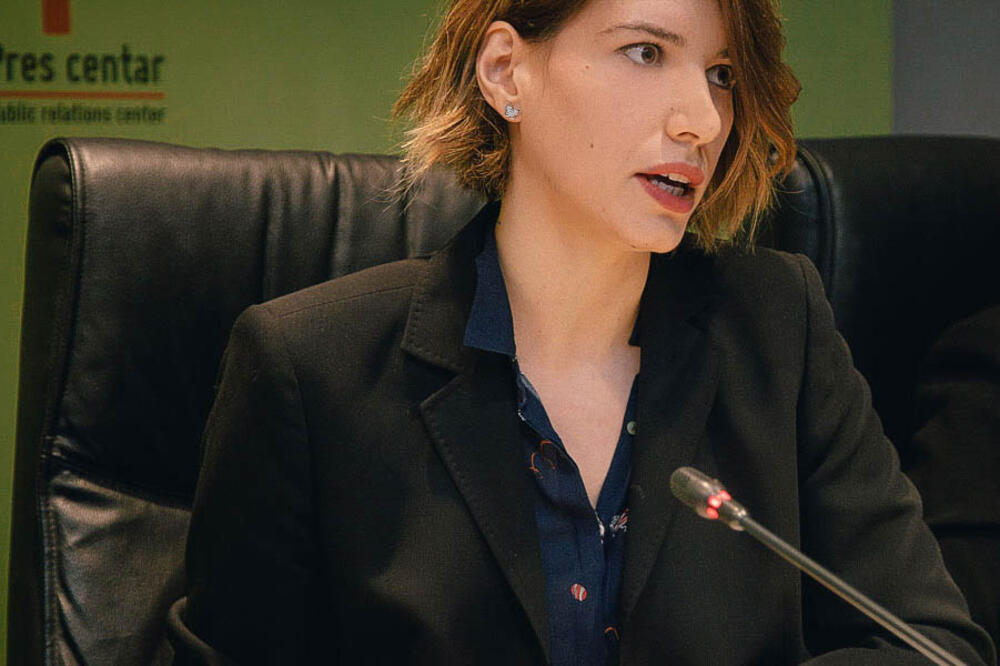There were no citizens in Podgorica, Cetinje, Petnjica and Šavnik at the public hearings on the local budgets for 2018. According to the information collected by the Institute of Alternatives for the second year in a row, citizens did not take part even in the previous public debates on the budget proposal for 2017 for these municipalities.
"We note that the capital city's budget for 2018 is almost 3,5 million euros higher than last year's budget, so there is a need for the administration to proactively inform the citizens about holding a public hearing. Seven municipalities do not report at all on the participation of citizens. These are the municipalities of Budva, Tivat , Herceg Novi, Pljevlja, Plužine, Andrijevica and Gusinje. Among the municipalities that report on citizen participation, the municipality of Bar stands out, with the largest number of citizens who attended the public debate (174). The municipalities of Plav and Žabljak also attracted a significant number of citizens, proportionally to their size – 24 and 15, respectively. On the other hand, the municipalities of Ulcinj and Nikšić, which attracted a larger number of citizens during the debate on the budget for 2017, failed to maintain this practice during the debate on this year's budget. "In Ulcinj, only 10 citizens participated in the public debate on the budget for 2018, and in the Municipality of Nikšić, only two citizens," says Ivana Bogojević, public policy researcher at the Institute of Alternatives, in a statement.
The reason for the large number of participants in the Municipality of Bar is, as they state, the organization of several public hearings in local communities for different target groups.
"In addition to the usual mechanisms that municipalities use to inform citizens about the public debate on the budget, such as the daily press, local media, bulletin boards, telephone communication or possibly informing citizens in municipal offices, local authorities must create new ways of communicating with citizens. They can help in this social networks, through which citizens can communicate with their municipality more often and send suggestions, proposals and questions more often about how their money is spent. For more active citizen participation, a fundamental understanding of the planned annual spending, which municipalities could achieve, is of key importance through the "budget for citizens", as a platform that will bring financial management in their city closer to citizens and interest them in participating in public debates and thereby giving their contribution."
Bogojević adds that through the development of participatory capital budgeting in municipalities, citizens would also have a direct influence on the development of capital investments in their city.
In the press release, they add that the data on citizens' participation in public debates were collected as part of the project "Money Watch - Civil society, guardian of the budget", which we are implementing in cooperation with the Institute for Public Finance from Zagreb, and the NGO Novi Horizont from Ulcinj, with the financial support of the European Union (EU).
Bonus video:





